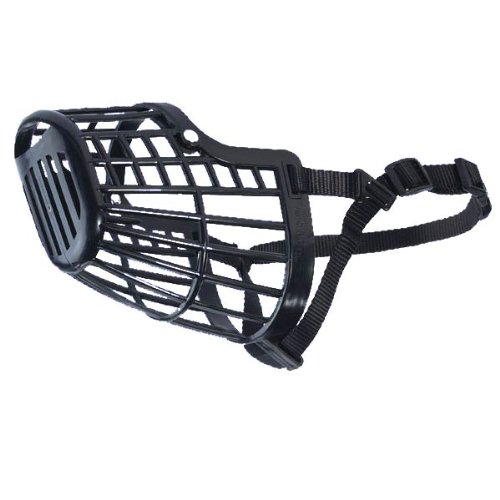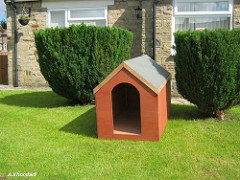Training a pup can be a very annoying and tedious task, especially when you don't know how to get your puppy to sit still and behave. But just teaching it its name and where its food will always be found are already the first successful attempts of training, which should continue on until the puppy learns how to behave and follow commands, up until he or she grows up into an adult dog.
Since pups learn faster and quicker than older dogs on their first training session, you should have a good head start so that in the end, your dog will know what to do on its own without having to be told or commanded. Once you are able to achieve this, then you as a dog trainer and owner have succeeded.
Good and effective training sessions would usually go on everyday for around 20 minutes, at the most, with your dog. There are different techniques in training a young puppy that will eventually be embedded in him or her once the puppy becomes an adult dog. Here are some of the important tips that will train your puppy effectively:
1) So that there won't be any confusion, there should at least be an official trainer in the house who is in charge of training and disciplining the puppy everyday. The most preferable would be someone who is patient and who knows how to balance rewards with commands. As much as possible, the commands and words used should be the same no matter who uses it so as to not confuse the puppy.
2) Positive reinforcement always works with puppies. Each time he or she correctly obeys a command or trick, you should rightfully give him or her treats as rewards for a job well done. This means you should never physically punish it when it doesn't get the trick right at first so that it will not dislike you and wind up not obeying your commands at all. The best time to show disapproval or scold is when he or she does something bad or inappropriate so that he or she won't repeat it in the future.
3) The training session doesn't always have to be routine-like. You can try other places to train your dog, even while he or she is playing with you. Always use a cheerful voice, teach one command at a time, praise when he or she does something right, and most of all have fun with your puppy.
4) The main virtue here is patience, so don't expect every puppy or dog to obey you immediately and all the time. Dogs get distracted with a lot of things, especially puppies, so you'll have to be firm yet kind when you're training them to be obedient. If you really want your puppy to remember your commands at all times, integrate its training with its everyday life. Whenever its dinner time, use commands to keep them in your pet's mind so that it won't forget them easily.

 Designer Dog Collars
Your dog can be stylish too!
Designer Dog Collars
Your dog can be stylish too!
 Dog Muzzle
If you are unsure about your
Dog Muzzle
If you are unsure about your
 Disadvantages And Advantages Of Dog Boarding Solutions Online
When you possess a pet dog, each day could feel like a vaca
Disadvantages And Advantages Of Dog Boarding Solutions Online
When you possess a pet dog, each day could feel like a vaca
 Commercial or Raw BARF Diet for Dogs?
Commercial or Raw meat (BARF) diet for dogsIs commercial or
Commercial or Raw BARF Diet for Dogs?
Commercial or Raw meat (BARF) diet for dogsIs commercial or
 Top Seven Dog Treats - A list of the best, most healthy dog treats available
Top Seven Dog Treats
It抯 easy to go to your local pet super
Top Seven Dog Treats - A list of the best, most healthy dog treats available
Top Seven Dog Treats
It抯 easy to go to your local pet super